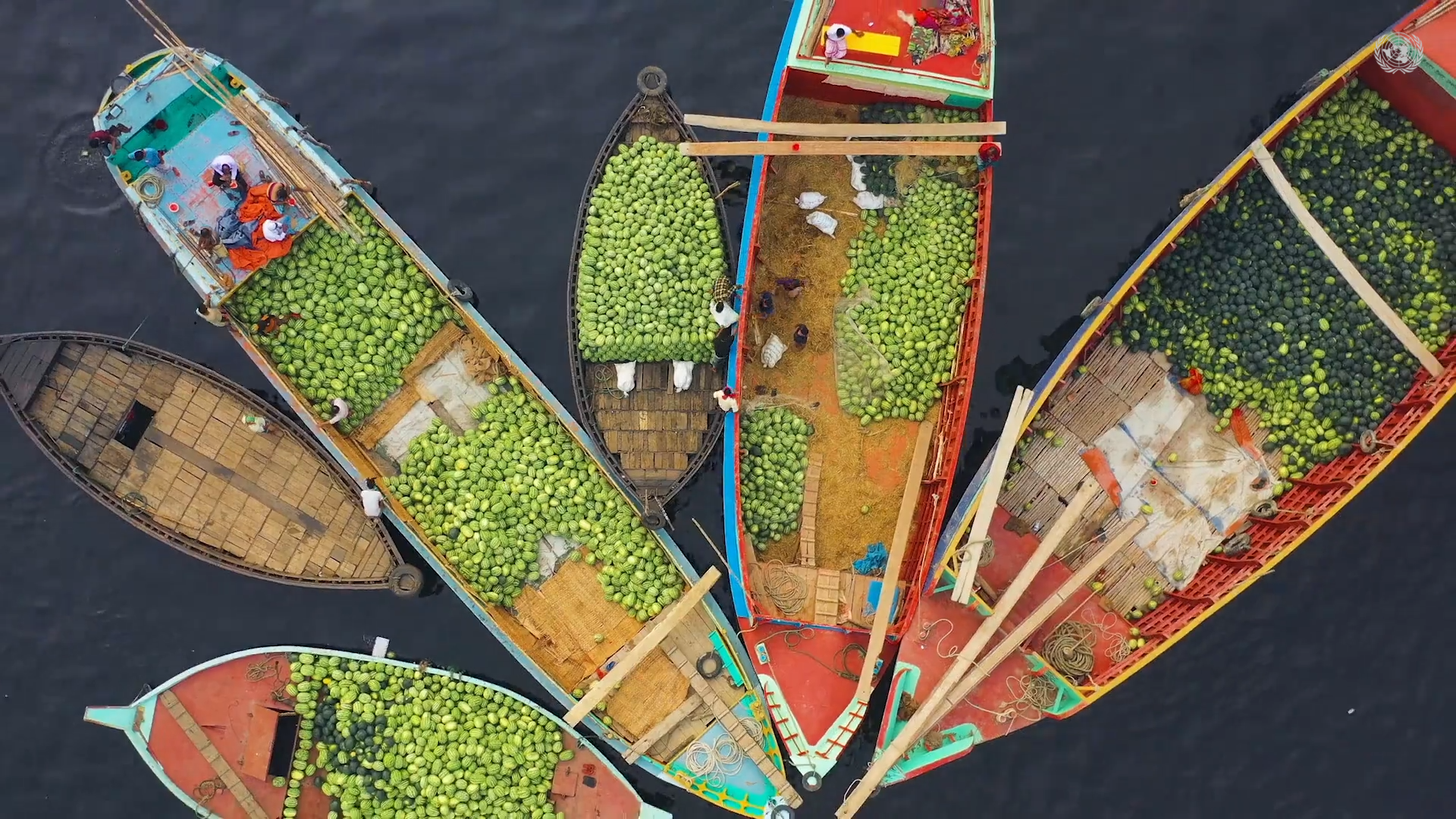This Policy Note compiles perspectives from the Committee for Development Policy (CDP) and its members on different dimensions of a globally just transition to low-carbon and environmentally sustai
CDP Policy Note
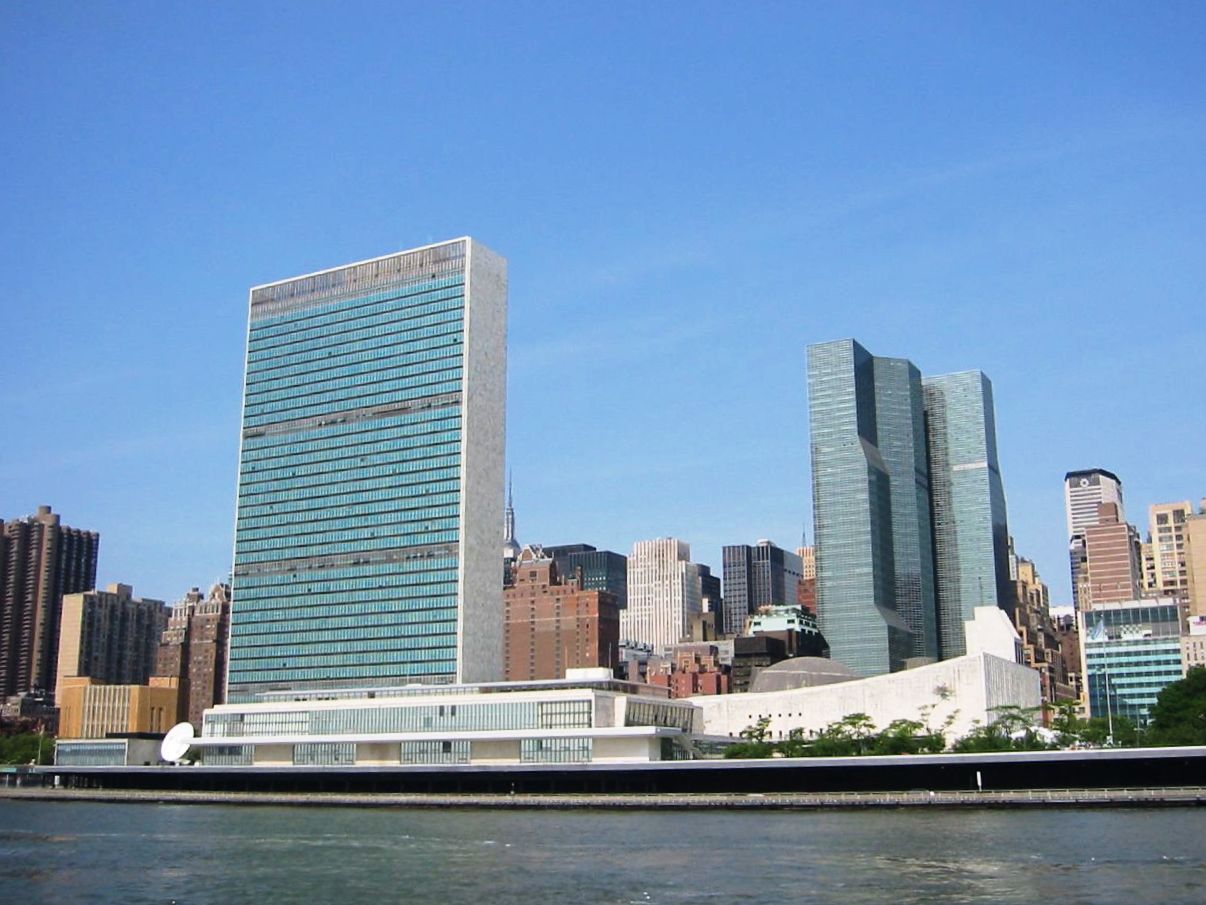
This Policy Note focuses on the likely impacts, in the short and medium run, of the withdrawal of international support measures, taking into account the nature of these measures and how the identified countries have used them so far. It is available in English and French.
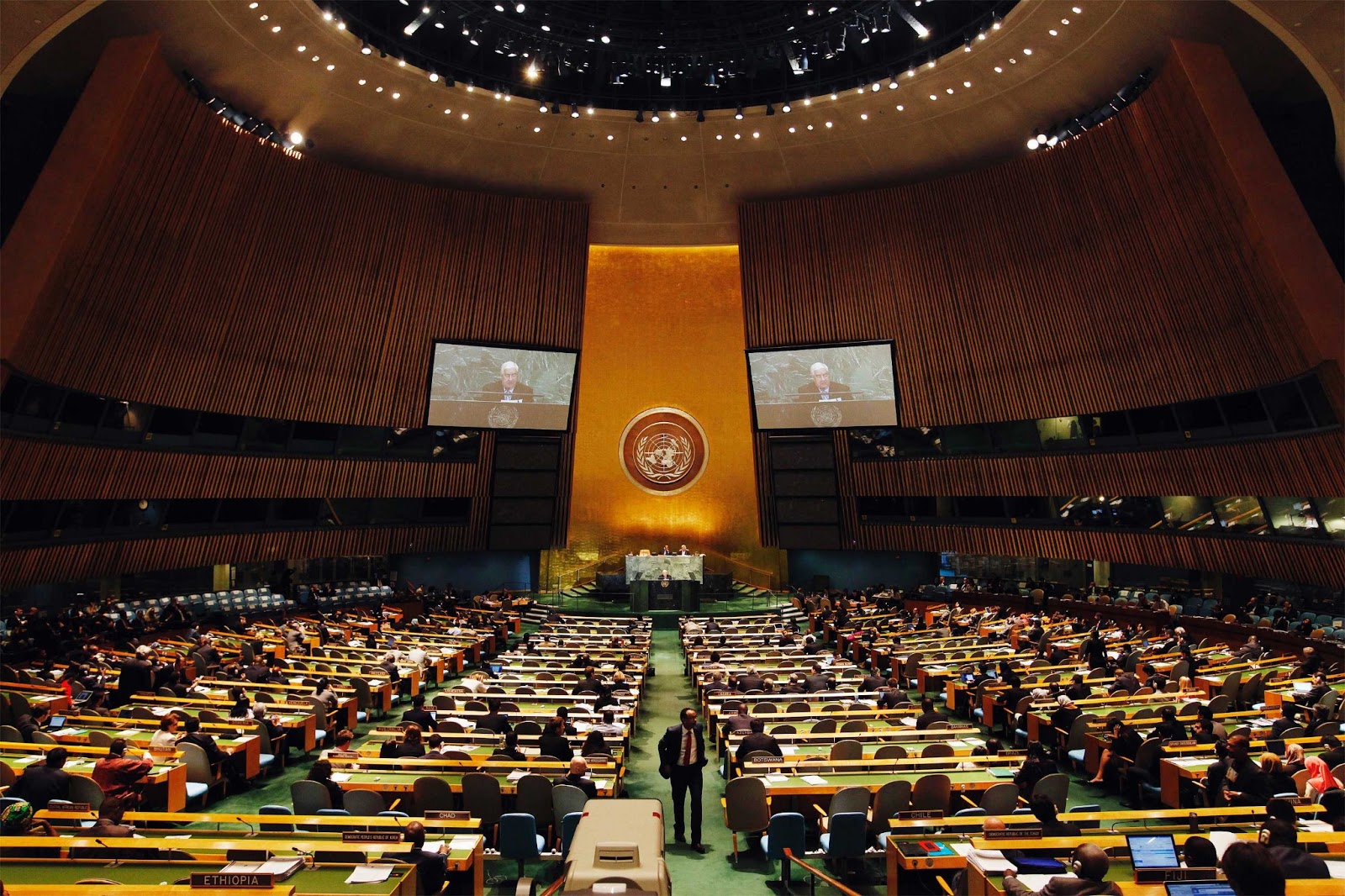
The global COVID-19 pandemic is plunging the world into a socio-economic and financial crisis of an unprecedented scale, in addition to the acute health crisis. Many of the gains achieved under the banner of the Sustainable Development Goals (SDGs) are under threat. The crisis has exposed and exacerbated vulnerabilities and inequalities in both developing and developed countries, deepening poverty and exclusion and pushing the most vulnerable even further behind. This is a watershed moment. A sustainable, equitable and peaceful future hinges on the right national and international policy decisions. This policy note assembles analysis by members of the United Nations Committee for Development Policy (CDP) and co-authors on different angles of the COVID-19 crisis and the challenges and opportunities it presents for development policy and multilateralism.

The limited progress of least developed countries (LDCs) in developing their productive capacities remains one of the main obstacles to move towards graduation from the LDC category and to achieve the sustainable development goals. While there is international agreement on the importance of building productive capacity, the question of what policy interventions are successful usually remains unanswered. This Policy Note provides some answers by analyzing the strategies and policy choices of 14 countries that have successfully graduated from the LDC category, or have made noteworthy progress towards graduation. It contains a wide range of lessons not only relevant to all LDCs but the international community at large. The note develops an analytical framework for expanding productive capacities for sustainable development that highlights the need for integrated policies across five broad policy areas: (I) development governance; (II) social policy; (III) macroeconomic and financial policies; (IV) industrial and sectoral policies; and (V) international support. It also emphasizes the need for different national strategies and tailored international support due to the diversity of LDCs. In this regard, the note identifies three different pathways towards graduation and highlights for each pathway key policy lessons for effectively expanding productive capacity. The first pathway is characterized by rapid economic growth based on natural resource exploitation, but also by insufficient building of human assets and high vulnerabilities to external economic shocks. On the second pathway, economic specialization is coupled with investments in social sectors. The third pathway open to more larger economies is characterized by structural transformation leading to more diversified economies.
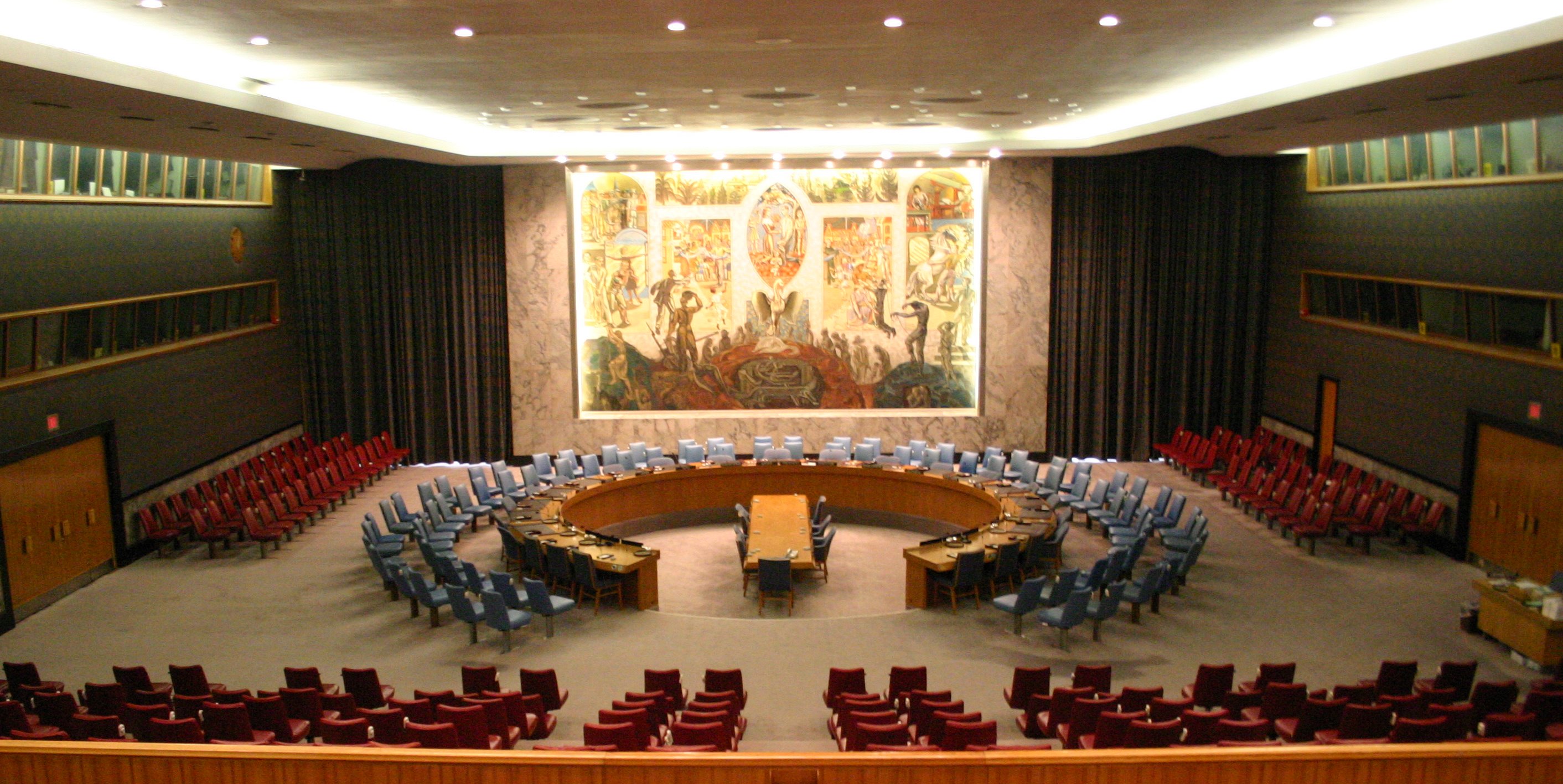
In this Policy Note, the CDP analyses how intergovernmental cooperation could be strengthened to better manage the increasing interdependence among countries, reduce large inequalities among and within countries and contribute to the implementation of the post-2015 sustainable development agenda, while preserving the necessary policy space for government action at the country level. The Committee proposes five main principles to guide the reforms: common but differentiated responsibilities and respective capabilities; subsidiarity; inclusiveness, transparency and accountability; coherence, and responsible sovereignty. It illustrates how these principles could be applied in reforming global governance framework in the areas of international macroeconomic cooperation, environment, international trade, international tax matters, international migration and inequality. The Note also recommends a greater role for the Economic and Social Council in advancing these reforms and stronger accountability mechanisms to monitor implementation.

In the present Policy Note, the Committee for Development Policy proposes principles and policy alternatives for a post-2015 development agenda, in the light of consideration of lessons learnt from the Millennium Development Goals experience and the key development challenges that have emerged in recent years. It suggests a general contour of a transformative framework with a broader, more nuanced and context-specific development strategies which are required to make the vision expressed in the Millennium Declaration to be fully realized. The Note will contribute to efforts by the international community to find the effective solutions to move the international development agenda forward.
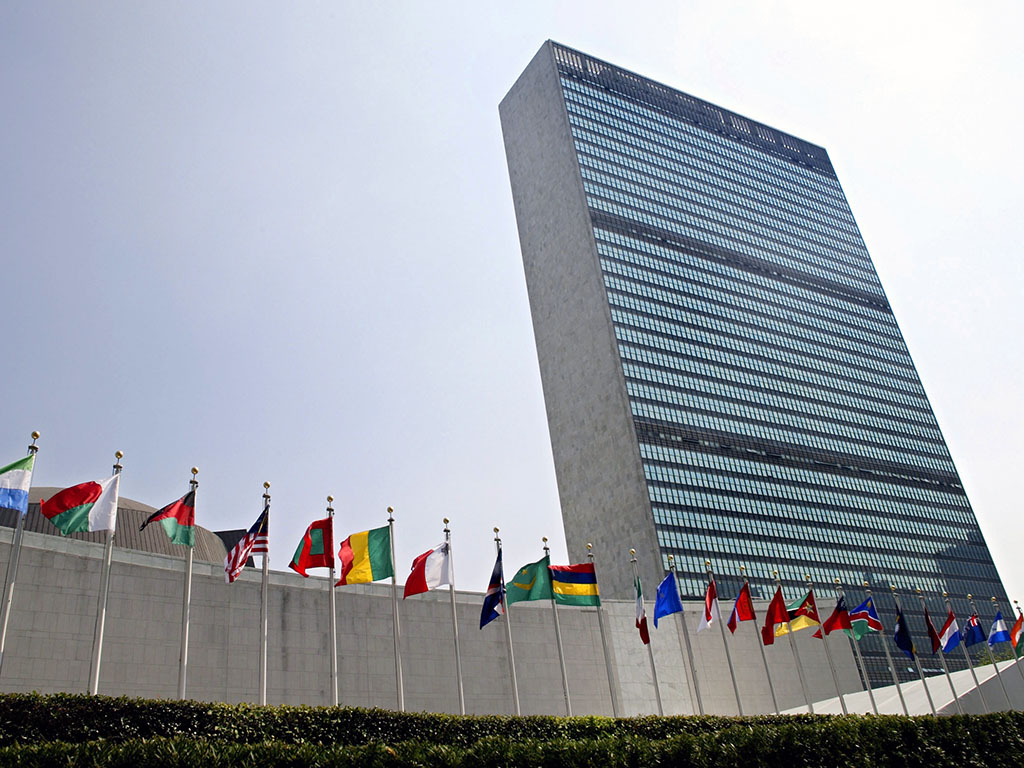
The present Policy Note takes stock of the nature of the financial, technical and institutional support and preferential trade-related treatments that have been provided to LDCs. It provides an assessment of how useful these existing support measures have been and identifies ways in which they can be made more effective and, where needed, complemented by additional interventions. It also calls for greater coherence between international strategy for LDCs and other existing development strategies, including those initiated by the IMF and the World Bank, to further facilitate development of LDCs. The Note was prepared to contribute to the debate leading up to the forthcoming Fourth UN Conference on the LDCs in Istanbul, Turkey, in 2011.

New approaches for international cooperation such as global health partnerships have contributed to the strides developing countries have made in achieving health-related Millennium Development Goals. But health inequalities still persist between rich and poor countries and within countries among different socio-economic, ethnic, racial and cultural groups. Tackling health inequalities requires an integrated approach, that is to say, giving priority to primary health care and the strengthening of the institutional and technical capacities of the health system in developing countries. While vertical approaches have a role to play in some circumstances, these interventions need to take into account the specific socio-economic environment where they take place so that the poor benefits more from health care deliveries. The note further recommends that the international community should create more flexible legal procedures to allow greater access to low cost medicines and treatments by developing countries.

Adapting to climate change is critical for sustainable development. Steps must be taken to strengthen the adaptive capacity of all stakeholders and to mainstream adaptation into sectoral and national planning processes. Achieving the aims reflected in the international sustainable development agenda also requires mitigation efforts in accordance with the principle of common but differentiated responsibilities. Whereas among industrialized countries the approach to mitigation has focused on a cap-and-trade system, for developing countries such a strategy may not be ideal. For those countries, an investment-based approach encouraging the use of renewable energy alternatives appears to be the most promising mitigation strategy. In support of such approach, large-scale global funds for technology transfer required for mitigation and for helping countries cover adaptation costs should be considered.
 Welcome to the United Nations
Welcome to the United Nations
